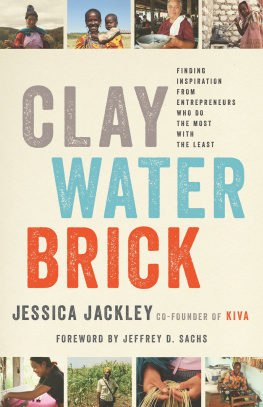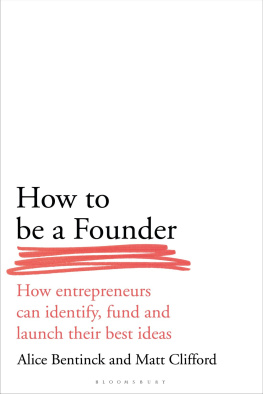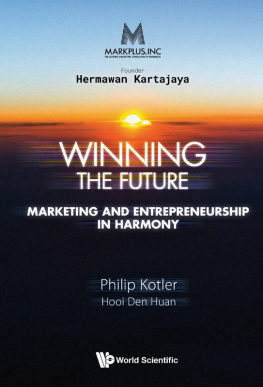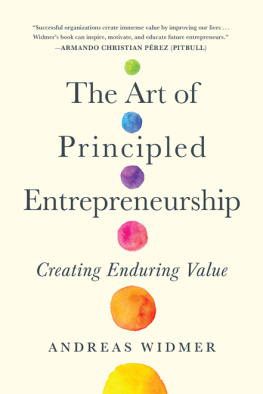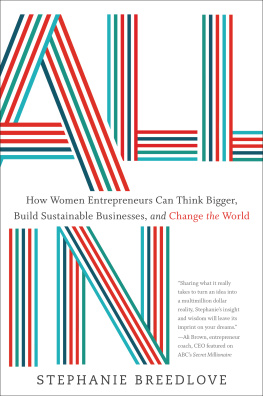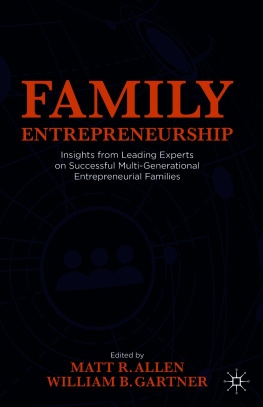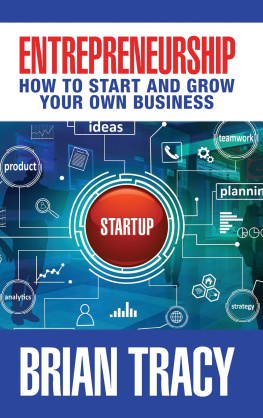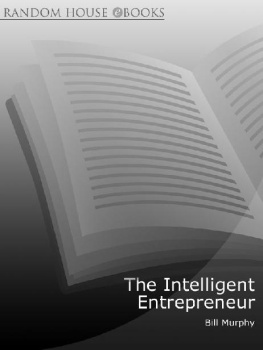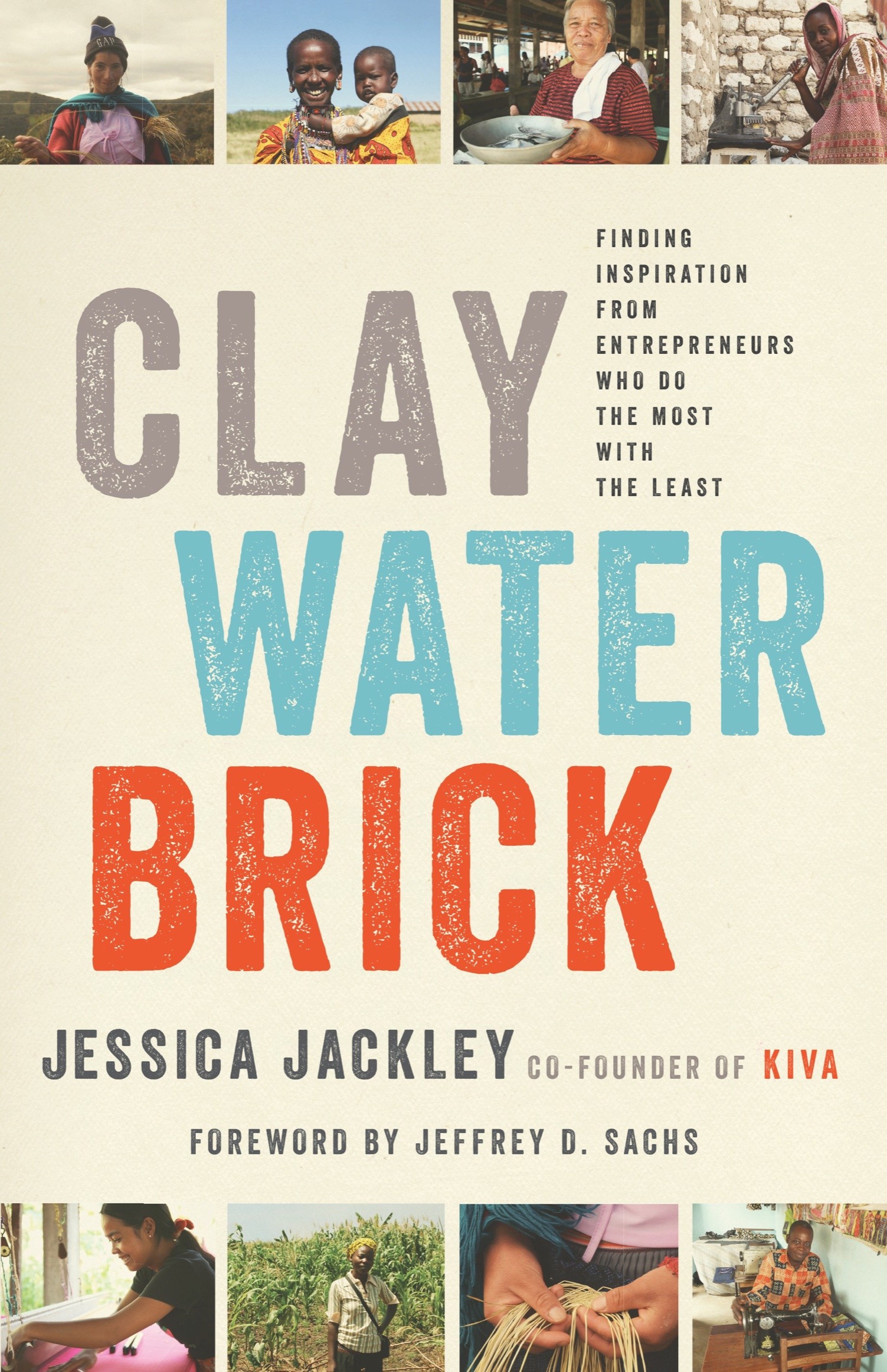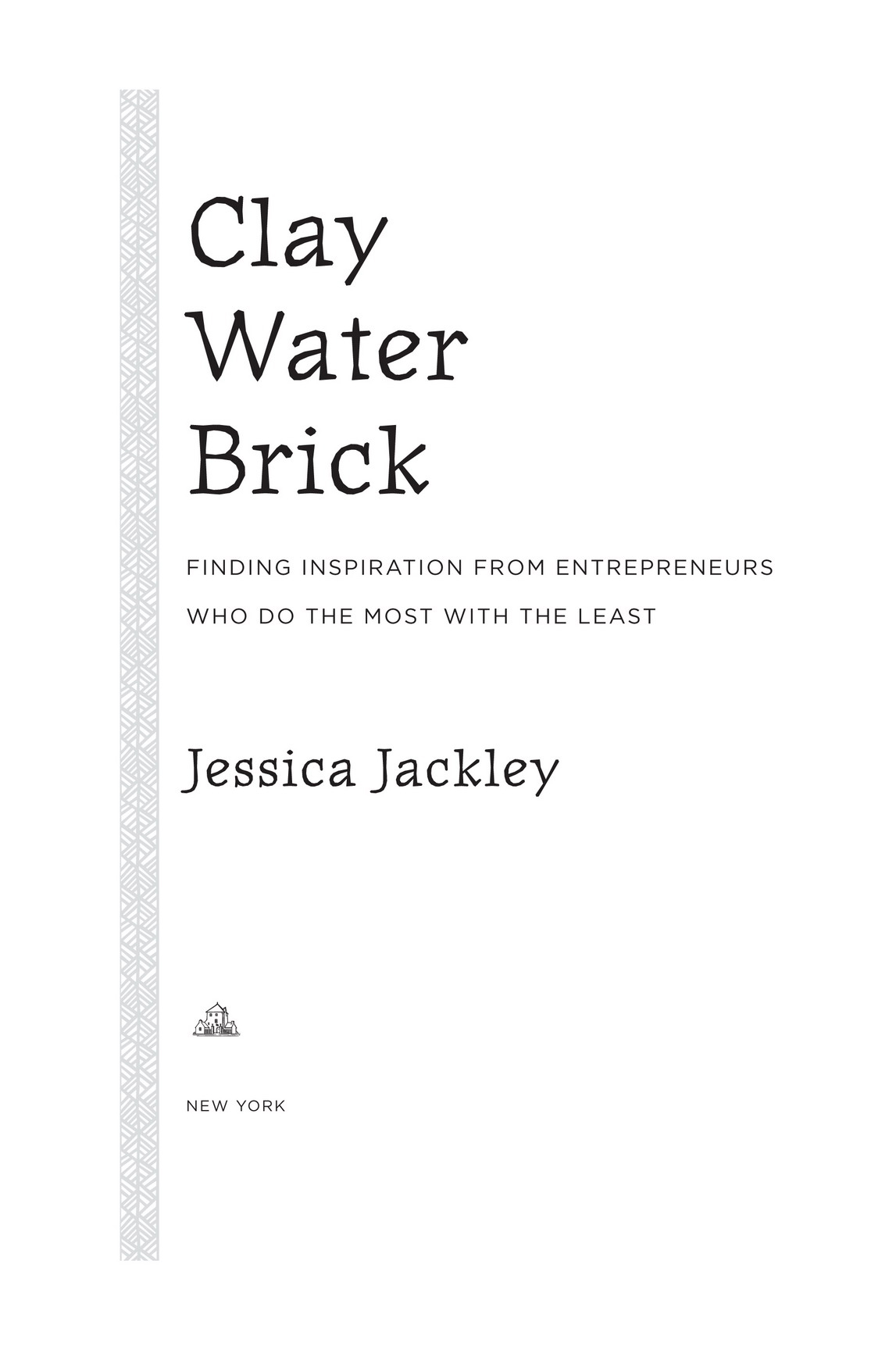Jessica Jackley - Clay Water Brick: Finding Inspiration from Entrepreneurs Who Do the Most with the Least
Here you can read online Jessica Jackley - Clay Water Brick: Finding Inspiration from Entrepreneurs Who Do the Most with the Least full text of the book (entire story) in english for free. Download pdf and epub, get meaning, cover and reviews about this ebook. year: 2015, publisher: Random House Publishing Group, genre: Home and family. Description of the work, (preface) as well as reviews are available. Best literature library LitArk.com created for fans of good reading and offers a wide selection of genres:
Romance novel
Science fiction
Adventure
Detective
Science
History
Home and family
Prose
Art
Politics
Computer
Non-fiction
Religion
Business
Children
Humor
Choose a favorite category and find really read worthwhile books. Enjoy immersion in the world of imagination, feel the emotions of the characters or learn something new for yourself, make an fascinating discovery.
- Book:Clay Water Brick: Finding Inspiration from Entrepreneurs Who Do the Most with the Least
- Author:
- Publisher:Random House Publishing Group
- Genre:
- Year:2015
- Rating:4 / 5
- Favourites:Add to favourites
- Your mark:
Clay Water Brick: Finding Inspiration from Entrepreneurs Who Do the Most with the Least: summary, description and annotation
We offer to read an annotation, description, summary or preface (depends on what the author of the book "Clay Water Brick: Finding Inspiration from Entrepreneurs Who Do the Most with the Least" wrote himself). If you haven't found the necessary information about the book — write in the comments, we will try to find it.
The heart of entrepreneurship is never about what we have. Its about what we do.
Meet Patrick, who had next to nothing and started a thriving business using just the ground beneath his feet . . .
Blessing, who built her shop right in the middle of the road, refusing to take the chance that her customers might pass her by . . .
Constance, who cornered the banana market in her African village with her big personality and sense of mission.
Patrick, Blessing, Constance, and many others are among the poorest of the worlds poor. And yet they each had crucial lessons to teach Jessica Jackleylessons about resilience, creativity, perseverance, and, above all, entrepreneurship.
For as long as she could remember, Jackley, the co-founder of the revolutionary microlending site Kiva, had a singular and urgent ambition: to help alleviate global poverty. While in her twenties, she set off for Africa to finally meet the people she had long dreamed of helping. The insights of those she met changed her understanding. Today she believes that many of the most inspiring entrepreneurs in the world are not focused on high-tech ventures or making a lot of money; instead, they wake up every day and build better lives for themselves, their families, and their communities, regardless of the things they lack or the obstacles they encounter. As Jackley puts it, The greatest entrepreneurs succeed not because of what they possess but because of what they are determined to do.
In Clay Water Brick, Jackley challenges readers to embrace entrepreneurship as a powerful force for change in the world. She shares her own story of founding Kiva with little more than a laptop and a dream, and the stories and the lessons she has learned from those across the globe who are doing the most with the least.
Praise for Clay Water Brick
Jessica Jackley didnt wait for permission to change the worldshe just did it. It turns out that you can too.Seth Godin, author of What to Do When Its Your Turn
Fascinating . . . gripping . . . bursting with lessons . . . Jessica Jackley has written a remarkable book . . . so thoroughly well meaning and engagingly put it is too magnetic to put down.Financial Times
Clay Water Brick is a tremendously inspiring read. Jessica Jackley, the virtuoso co-founder of the revolutionary microlending platform Kiva, shares uplifting stories and compelling lessons on entrepreneurship, resilience, and character.Adam Grant, author of Give and Take
A blueprint for anyone who wants to make the world a better place and find fulfillment in the process, no matter how scarce their resources or how steep the challenge.Arianna Huffington
This book is inspirational. And honest and practical. . . . Well written, thoughtful: a...
Jessica Jackley: author's other books
Who wrote Clay Water Brick: Finding Inspiration from Entrepreneurs Who Do the Most with the Least? Find out the surname, the name of the author of the book and a list of all author's works by series.

